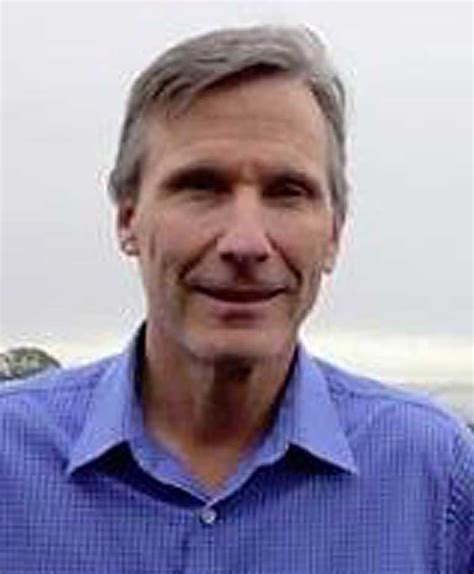A Quote by Terry Gross
A lot of the things that we think of as being racial differences are really class differences in America.
Quote Topics
Related Quotes
I think one of the main differences between being an English actor and being an American actor is that we have things like the class system in England.I'm middle class. But I've got what some people might consider to be a working-class accent, so you've got those sorts of elements in this country to consider, which, in America, exist, but not necessarily in the same way.
To me, racial barriers do not exist in reality. If I say that 'everyone under the sun is a member of a universal family,' you may think that I am bluffing and being idealistic. But if anyone still believes in racial differences, I think he is too backward and narrow in his perspective. Perhaps he still does not understand man's equality and love.
Since I was born I remember my dad and my mom always embracing diversity and differences among people and that being the core of America and happiness and all those different things. And that goes along with equality and you should treat everybody equal and be fair and not judge people and dislike people because they are different, and embrace and enjoy people because of the differences they have.
What I learned about them, I liked. But it also seemed that the liberal line was not entirely correct, for it was obvious that racial differences went far beyond skin color. It would be difficult to categorize all the distinctions I noticed. In fact, I made no effort to catalogue them at the time, but their differences ranged all the way from physical characteristics to more subtle differences such as extreme aversion for work in cold weather. On cold days, when I felt invigorated, my black co-workers seemed lethargic.
































